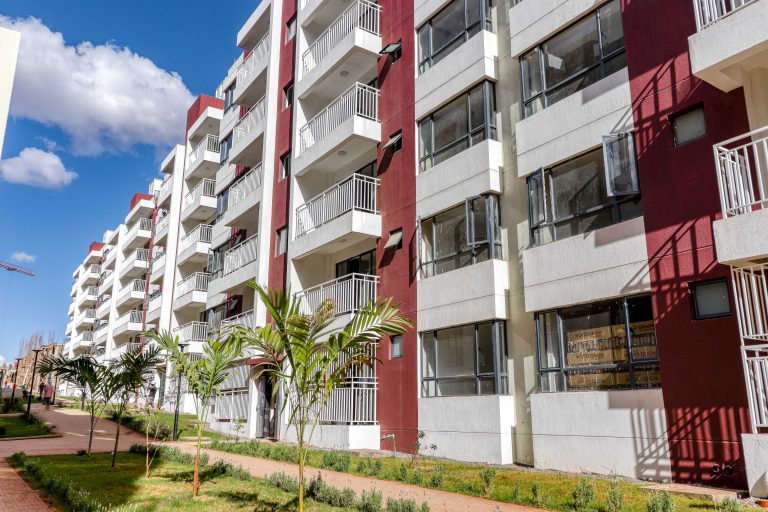Are you in the diaspora looking to invest back home (Kenya)?
Feature Image: Capital Garden Luxurious Apartments. Project located in Kilimani. Get from 1-bedroom to 3-bedroom apartments.
Investing in Kenyan real estate from the diaspora can be a lucrative opportunity, but it requires careful planning and consideration.
Here are some key steps and tips to help you navigate the process:
1. Research and Planning
- Market Research: Understand the current real estate market in Kenya. Look at property trends, economic factors, and the political climate.
- Investment Goals: Define your objectives—whether you’re looking for rental income, long-term capital appreciation, or a vacation home.
2. Legal Considerations
- Property Laws: Familiarize yourself with Kenyan property laws, including those related to foreign ownership. Non-citizens can own property, but there are restrictions on agricultural land.
- Title Deeds: Ensure the property has a clean title. This can be verified through the Ministry of Lands or a trusted lawyer.
3. Financing Options
- Payment Methods: Decide how you will finance the purchase. Options include personal savings, bank loans, or mortgage facilities. Kenyan banks offer mortgages to diaspora investors, though terms and rates may vary.
- Currency Exchange: Be mindful of currency exchange rates, as they can affect the overall cost of your investment.
4. Choosing the Right Property
- Location: Consider factors like proximity to amenities, infrastructure development, and future growth prospects.
- Type of Property: Decide whether you want residential, commercial, or industrial property. Each has different risks and returns.
5. Working with Professionals
- Real Estate Agents: Choose a reputable agent who understands the market and can offer insights and advice.
- Lawyers: A good lawyer can help with legal due diligence, including verifying property ownership and drafting contracts.
- Property Managers: If you’re not residing in Kenya, a property management company can help manage rental properties, including tenant screening, rent collection, and maintenance.
6. Due Diligence
- Property Inspection: Always inspect the property, either personally or through a trusted representative.
- Developer Reputation: If buying off-plan, research the developer’s track record and reputation.
7. Regulatory and Tax Considerations
- Taxes: Be aware of tax obligations, including stamp duty, capital gains tax, and annual property taxes.
- Regulations: Keep abreast of any regulatory changes that may affect property ownership and investment returns.
8. Managing and Monitoring Your Investment
- Regular Updates: Keep in touch with your property manager or real estate agent for updates on your property and market conditions.
- Exit Strategy: Have a plan for exiting your investment, whether through sale or other means, in case the market conditions change or your personal circumstances shift.
9. Leveraging Technology
- Virtual Tours and Digital Platforms: Use technology to view properties remotely and manage your investment.
- Online Transactions: Secure and verify online transactions when making payments or signing contracts.
Investing in real estate from the diaspora can be rewarding with the right approach and professional support.






